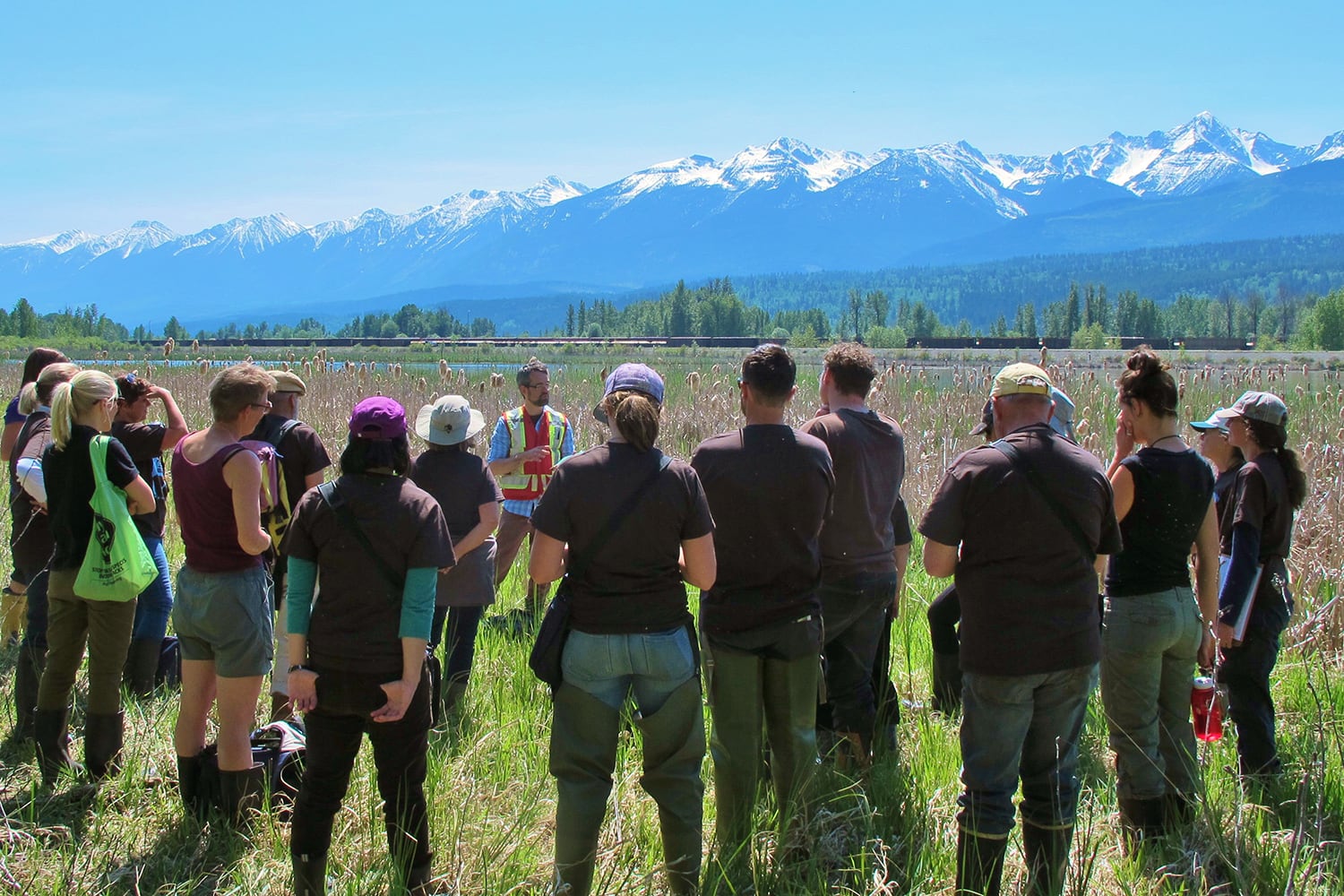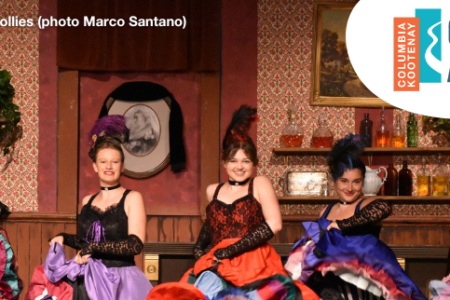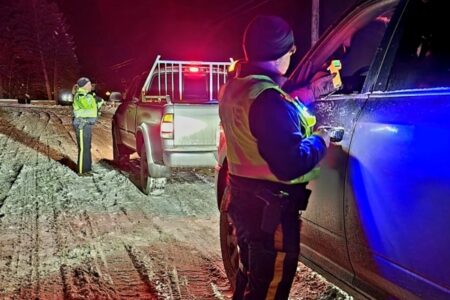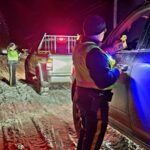Columbia Basin Trust approves $870,000 in Environment Grants for 32 projects
From counting bird species to increasing composting, 32 projects from around the Columbia Basin will address environmental well-being thanks to $870,000 from Columbia Basin Trust Environment Grants.
“These projects will make a difference in improving terrestrial and aquatic habitat, helping communities adapt to climate change, monitoring water resources and engaging Basin residents in environmental stewardship,” said Tim Hicks, Columbia Basin Trust Senior Manager, Delivery of Benefits. “Together, these projects will contribute to the well-being of the diverse landscapes, waterways, fish and wildlife in the Basin.”
All projects focus on one or more of the Trust’s four environment goals: ecosystems, climate, water or environmental education. See the complete the list of projects at ourtrust.org/2017environmentgrants.
One of the recipients is the BC Wildlife Federation. Its project aims to help restore, enhance and conserve wetlands at locations in the Creston Valley, near Salmo and near Rossland, and provides workshops to educate the residents and build capacity among wetland stewards.
“There was a time when wetlands were considered wastelands, and many have since been lost or severely degraded in the Columbia Basin,” said Neil Fletcher, Wetlands Program Manager. “However, they are now being recognized as valuable to both our communities and our local wildlife. Our project aims to support those who want to help restore and maintain wetlands.”
The Whitebark Pine Ecosystem Foundation of Canada is also receiving a grant. It will plant whitebark pine seedlings in several locations in the Basin to help restore this endangered species, and will collect seeds from healthy trees to send to nurseries and researchers.
“Whitebark pine seeds are a very important food source for the Clark’s nutcracker, red squirrel and grizzly bear,” said Randy Moody, President. “But in the Kootenay-Columbia region they are greatly declining─as many as 90 per cent of the trees are infected by white pine blister rust in some stands. As only mature trees produce cones, it’s important to restore the trees to increase future seed availability in the ecosystem.”
West Kootenay projects include:
-
Fish and Bear Lakes Western Toad Study – Carry out a research, conservation and community education project at Fish and Bear lakes with the goal of reducing western toad highway mortality.
-
Goulden-Thurston Wetland Restoration Project – Carry out a wetland restoration project to create habitat for various species, including bats, birds and turtles.
-
Duck Bay Wetland Restoration – Construct a wetland at Duck Bay in Nelson.
-
Bonanza Creek Kokanee Barrier Removal – Remove logjams in Bonanza Creek, at the north end of Slocan Lake, to support upstream fish passage and access to additional spawning habitat.
-
Outdoor Youth Leadership Program – Integrate environmental education into the Seven Summits Outdoor Youth Leadership Program.
-
Kokanee Creek Nature Centre – Deliver environmental education programs at the Kokanee Creek Nature Centre with a focus on Kokanee Creek’s ecosystem, including kokanee salmon.
Projects Basin-wide include:
-
Interdisciplinary Management of Fish and Wildlife Disease – Host a conference to enhance knowledge about and practices related to disease management in fish and wildlife populations. The target audience includes the public and experts like First Nations representatives, biologists, academia, veterinarians, stewardship groups, citizen scientists and land managers.
-
Kootenay Community Bat Project – Collaborate with Basin residents and communities to conserve bat populations, particularly in light of the disease White Nose Syndrome, which is posing a significant threat to bats in the region.
-
Columbia Basin Groundwater Monitoring Program – Use an innovative community-based approach to collect data about groundwater quantity, quality and surface water interaction. Partner with Columbia Basin Watershed Network and Ministry of Forests, Lands and Natural Resource Operations and Rural Development to host community workshops that enhance knowledge about aquifer resiliency.
-
Grizzly Bear Coexistence Solutions – Improve human-grizzly bear coexistence in the Basin by delivering educational opportunities in communities and providing practical solutions for bear attractant management.
-
Beyond Recycling – Deliver a school curriculum-linked environmental education program to help grade five and six students better understand how people’s actions affect the natural environment in beneficial or adverse ways.
-
Columbia River Field School – Deliver a school curriculum-linked experiential education program that teaches youth about the ecology, geography, economics, history and culture of the Columbia River and over the course of a multi-day canoe trip.
-
Farmland Advantage Stewardship Project – Work with farmers to enhance high-value habitat on their properties, including habitat for species at risk.
Supporting healthy, diverse and functioning ecosystems is one of the Trust’s 13 strategic priorities. Learn more about the Trust’s other environment programs, including its Climate Action Program and new Ecosystem Enhancement Program at ourtrust.org/environment.
Columbia Basin Trust supports the ideas and efforts of the people in the Columbia Basin. To learn more about the Trust’s programs and initiatives, and how it helps deliver social, economic and environmental benefits to the Basin, visit ourtrust.org or call 1.800.505.8998.
























Comments